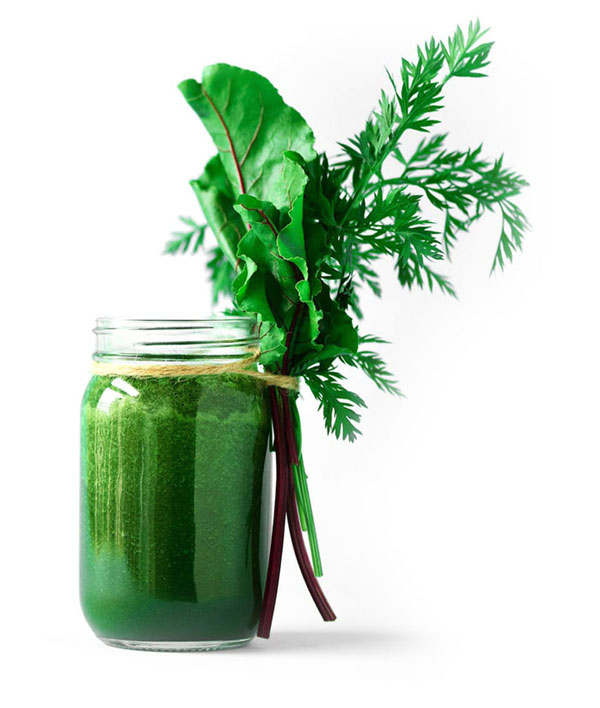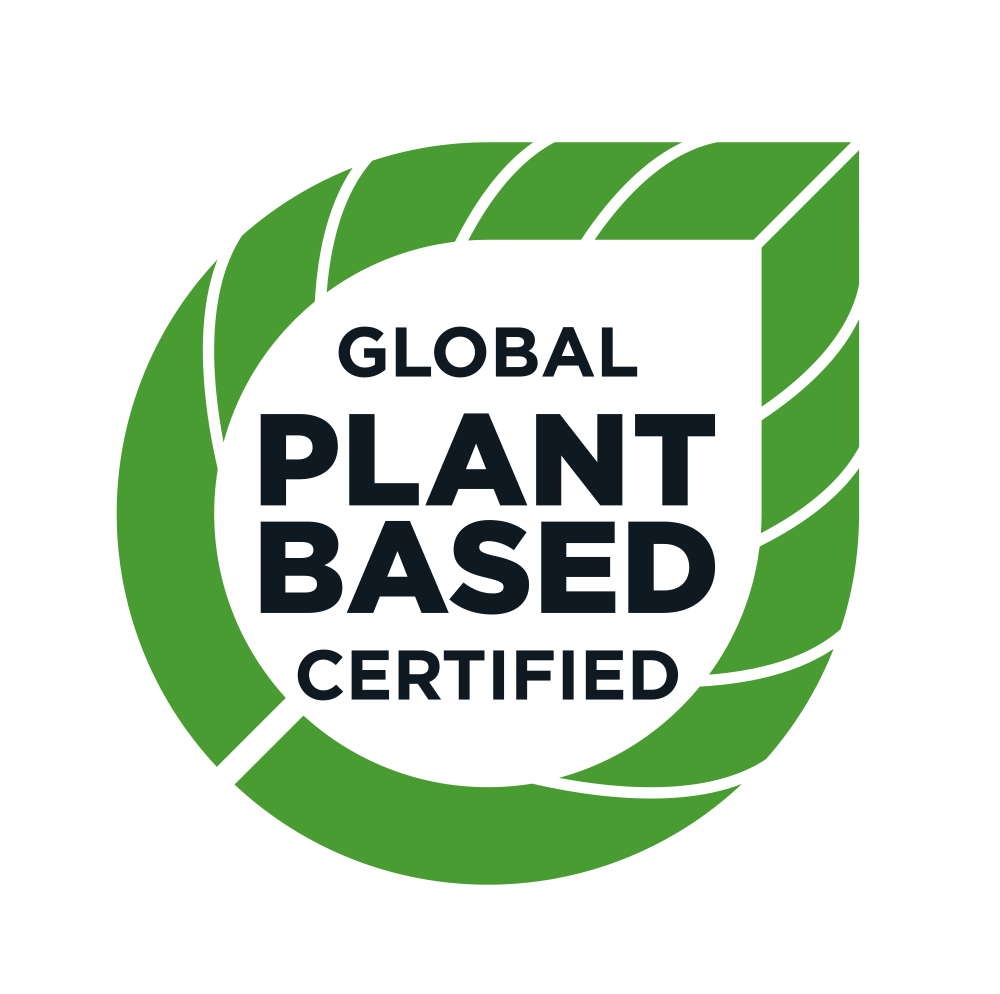Why Look for Plant Based Certified?
Health, Animal Rights, Concern for the Environment, Dietary Restrictions, Vegetarian, Vegan.
An increasing number of consumers are seeking out plant-based foods as a staple to their diet. Companies know this and so an increasing number of products are being marked as friendly to or marketed as meeting the expectation to those seeking to increase plant-based foods in their diet.
When a product is marked with the Global Plant Based Certified logo , it means that the product has met the criteria set out in the Global Plant Based standard and that the manufacturing company is in constant communication with our oversite organization. Additionally, the companies manufacturing the food products that carry the Global Plant Based Certified logo agree to allow GPBC inspections of their facilities as an added guarantee that the criteria set out in the GPBC Standard have been met.

What is the difference between “plant-based” and “vegan” diet?
A plant-based diet is made up primarily of foods derived from plants which includes vegetables, whole grains, legumes, fruits and nuts. Those who follow a plant-based diet are not seeking to cut out all animal products, but to centre their diet largely around more foods from plant sources. The term plant based addresses a wider audience who are making dietary choices for a wide variety of reasons. A vegan diet is similar but abstains from eating and/ or using any animal or animal derived products, connotates a specific lifestyle choice and is often assumed to be connected to a specific set of ethos.The term plant based addresses a wider audience of consumers who are making dietary choices for a wide variety of reasons.
